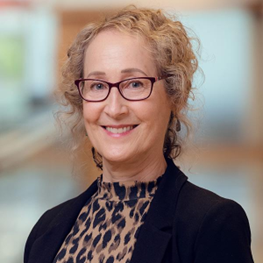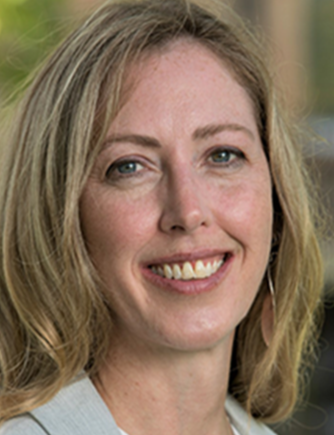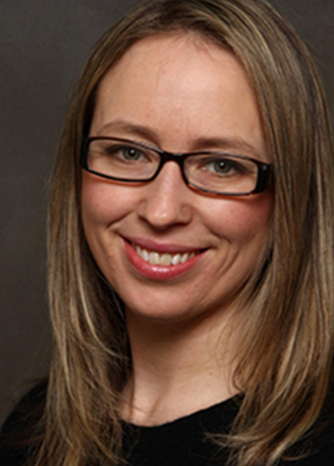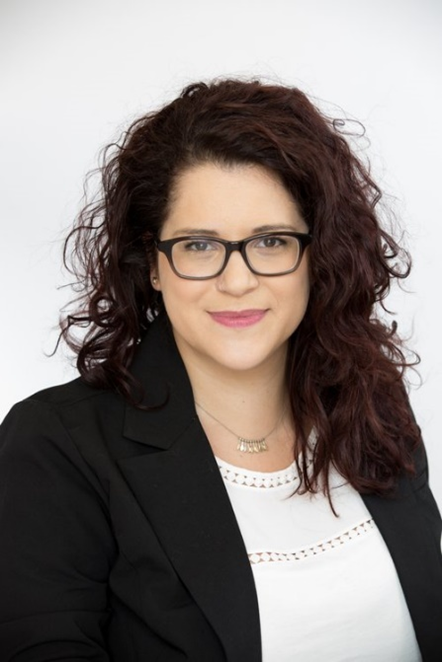iHEAL
The University of Western Ontario is implementing and evaluating the iHEAL program, a trauma-informed health-promotion intervention for women who have experienced intimate partner violence, in collaboration with researchers from 2 Canadian universities.
iHEAL educated registered nurses offer the 6-month program in inclusive and contextually relevant ways within 3 diverse community health settings in British Columbia, Ontario, and New Brunswick. Evaluation of the program focuses on how it can maintain its benefits for women, be sustainable for organizations, and support scale up beyond the initial partner organizations.
BMC Public Health publication about the project: Longitudinal effectiveness of a woman-led, nurse delivered health promotion intervention for women who have experienced intimate partner violence: iHEAL randomized controlled trial
Click here to learn about the iHeal app!
Discover the iHEAL app, a groundbreaking safety and health resource developed in Canada. Based on over 30 years of research, this free app is designed specifically for Canadian women who have experienced intimate partner violence. Available in both English and French, the iHEAL app assists women in identifying their priorities and needs while providing access to vital information and resources to enhance their safety, health, and well-being.
Not just for women, the app is also a valuable tool for family members, friends, and service providers who support women in these situations.
Don't miss this opportunity to see the app in action! Join the developers for a live demonstration of the iHEAL app in this Knowledge Hub Presents session, explore its features and potential uses, and participate in an interactive Q&A session.
Be part of this important event and learn how the iHEAL app can make a difference.
Community of Practice members:
Marilyn Ford-Gilboe

Contact Info: mfordg@uwo.ca
Role on Project: Project Lead
Bio: Dr. Marilyn Ford-Gilboe, RN, PhD, FAAN, FCAHS, FCAN is a Distinguished University Professor and Women’s Health Research Chair in Rural Health, Arthur Labatt Family School of Nursing, Western University. For the past 30 years, her research and community work have focused on identifying, preventing, and reducing the harmful (and often long-term) health, social and economic consequences of intimate partner violence (IPV), particularly among women facing inequities or barriers to support. Her recent research has developed and tested trauma-and violence-informed interventions that have been shown to improve the health, safety and well-being of women who have experienced IPV, both technology-based applications and community-based F2F nursing interventions. Current work is examining how to successfully integrate, scale and sustain effective interventions in order to improve services, policies and community responses for women who have experienced violence. Her ongoing research on the measurement of IPV (Composite Abuse Scale Revised – Short Form) has been taken up nationally and internationally, creating opportunities to better assess the complexity of IPV globally.
Annette Browne

Contact Info: Annette.browne@ubc.ca
Role on Project: Project Co-Lead
Bio: Dr. Annette Browne, RN, PhD, FCAHS, FCAN studies health and healthcare inequities, with a particular focus on health inequities affecting Indigenous peoples. She conducts research on strategies to enhance equity-oriented health care for Indigenous and non-Indigenous people, including interventions to address systemic racism and discrimination, and support the uptake of cultural safety and trauma- and violence-informed care. Her work is aimed at promoting health equity through improvements in nursing practice, healthcare delivery, and health policy.
Kelly Scott-Storey

Contact Info: kscottst@unb.ca
Role on Project: Project Co-Lead
Bio:Dr. Kelly Scott-Storey, RN, PhD is a health researcher and Professor in the Faculty of Nursing at the University of New Brunswick, Assistant Dean of the 4 Year Undergraduate Nursing Program & UNB-Humber Collaborative, Director of Community Research, Scholarship and Teaching at the Fredericton Downtown Community Health Centre and a Research Fellow with the Muriel McQueen Fergusson Center for Family Violence Research. Her program of research is broadly in the intersection of violence, gender and health and focuses on health interventions, use of technology, measurement of violence/scale development and community action.
Colleen Varcoe

Contact Info: colleen.varcoe@nursing.ubc.ca
Role on Project: Research Team Member/Practice consultant (BC)
Bio: Dr. Colleen Varcoe, RN, PhD, FCAHS, FCAN is a Professor Emeritus in the University of British Columbia School of Nursing. Her work aims to decrease inequity and violence including interpersonal and structural forms of violence such as racism and poverty. Her completed research includes studies of risks and health effects of violence and how to promote health for women who experience violence, especially Indigenous women. She has studied how to promote equity-oriented healthcare (cultural safety, harm reduction, and trauma- and violence-informed care) at the organizational level and worked with various Indigenous communities, organizations and issues, including in health care and criminal justice contexts.
Karen Campbell

Contact Info: Campk232@yorku.ca
Role on Project: Education Lead/Research Team Member
Bio: Dr. Karen Campbell, RN, PhD, is an Assistant Professor in the School of Nursing at York University, Toronto, Ontario and formerly a Post-Doctoral Fellow in the Arthur Labatt Family School of Nursing, Western University. Her program of research focuses on public health nursing issues at local and national levels, specifically health equity and social justice interventions for priority populations with attention to issues of gender, disability, and geography. Her recent research has explored the experiences of women living with episodic disabilities, chronic pain, and intimate partner violence, including how they navigate and experience services and supports, including community-based nursing interventions.
Jacqueline Potvin

Contact Info: Jpotvin2@uwo.ca
Role on Project: Research Associate/Project Manager
Bio: Dr. Jacqueline Potvin, PhD is a Research Associate in the Arthur Labatt Family School of Nursing, Western University. Her research background is in the relationship between gender inequality and health policy, with a focus on maternal and reproductive health. Her SSHRC Postdoctoral Fellowship at the University of Guelph (Dept of Political Science) evaluated the inclusion of sexual and reproductive health and rights in Canada’s Feminist International Assistance Policy. She has previously worked in community-based gender-based violence and reproductive justice advocacy including as coordinator for the Ontario Coalition of Rape Crisis Centres.
Caitlin Burd

Contact Info: cburd@uwo.ca
Role on Project: Research Associate
Bio: Caitlin Burd, PhD candidate, is a Research Associate in the Arthur Labatt's School of Nursing at Western University. Through her work as a relief Residential Counsellor at a women's shelter in Ontario, Canada, she developed a passion for supporting women and children experiencing abuse, and a desire to further her understanding of the systems involved in addressing intimate partner violence in Canada. Her broad research interests center on issues related to violence against women and gender inequality, intersectionality, and problem-setting in Canadian public policy. Caitlin's doctoral work focuses on analyzing the framing of intimate partner violence, and preventative solutions, in Canadian policy and federally funded programs to develop ways to strengthen Canada's approach to addressing violence.
